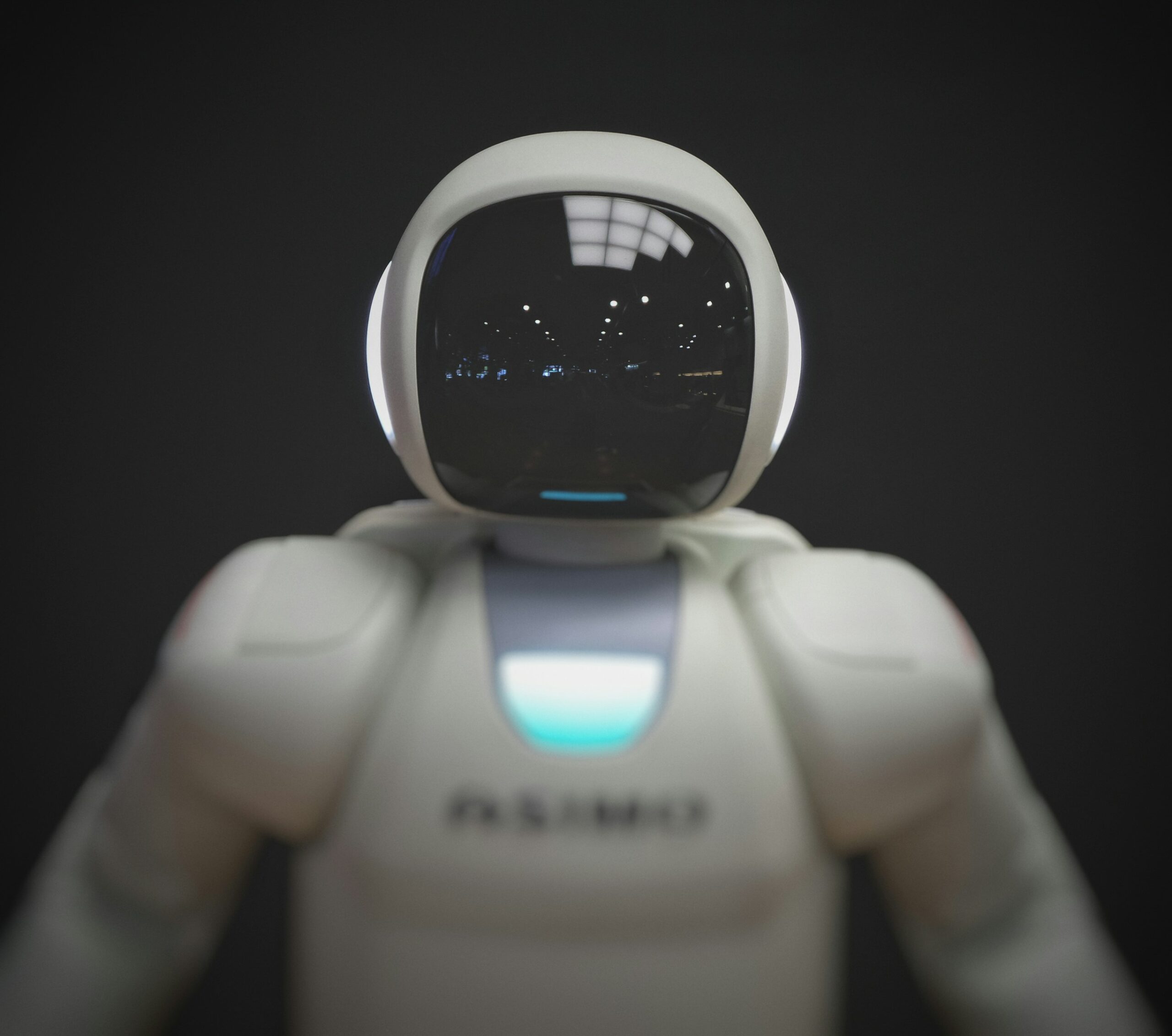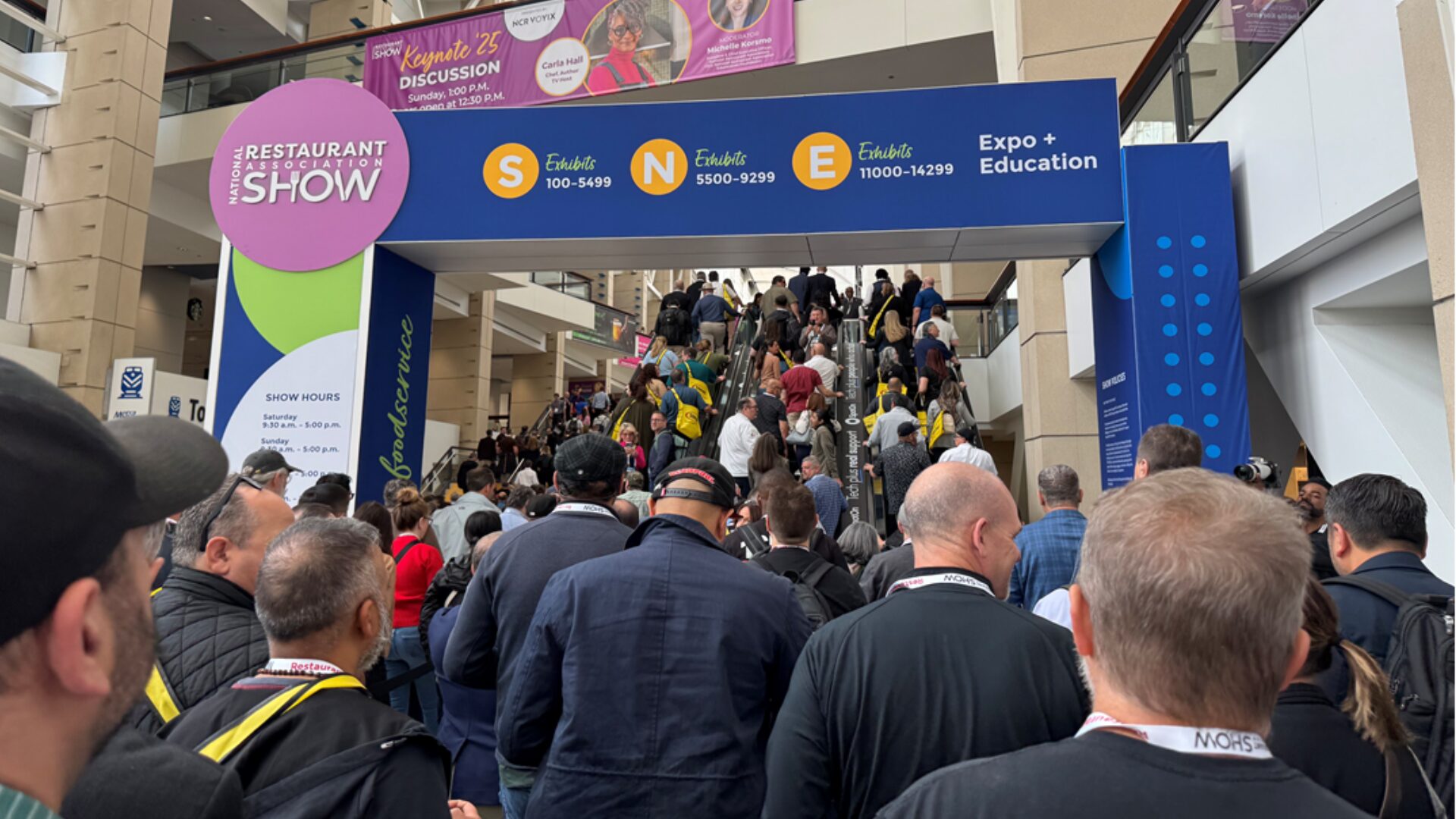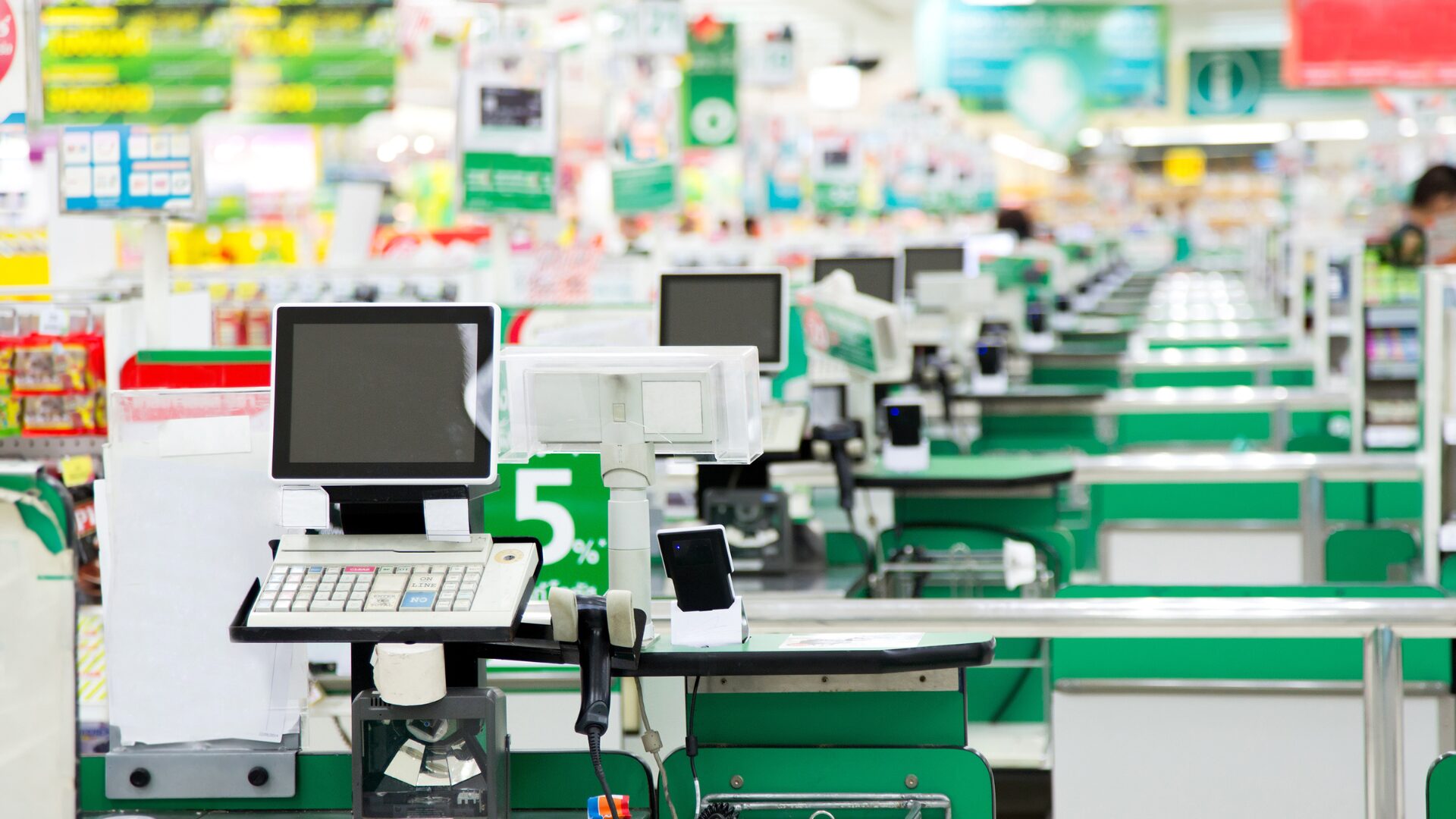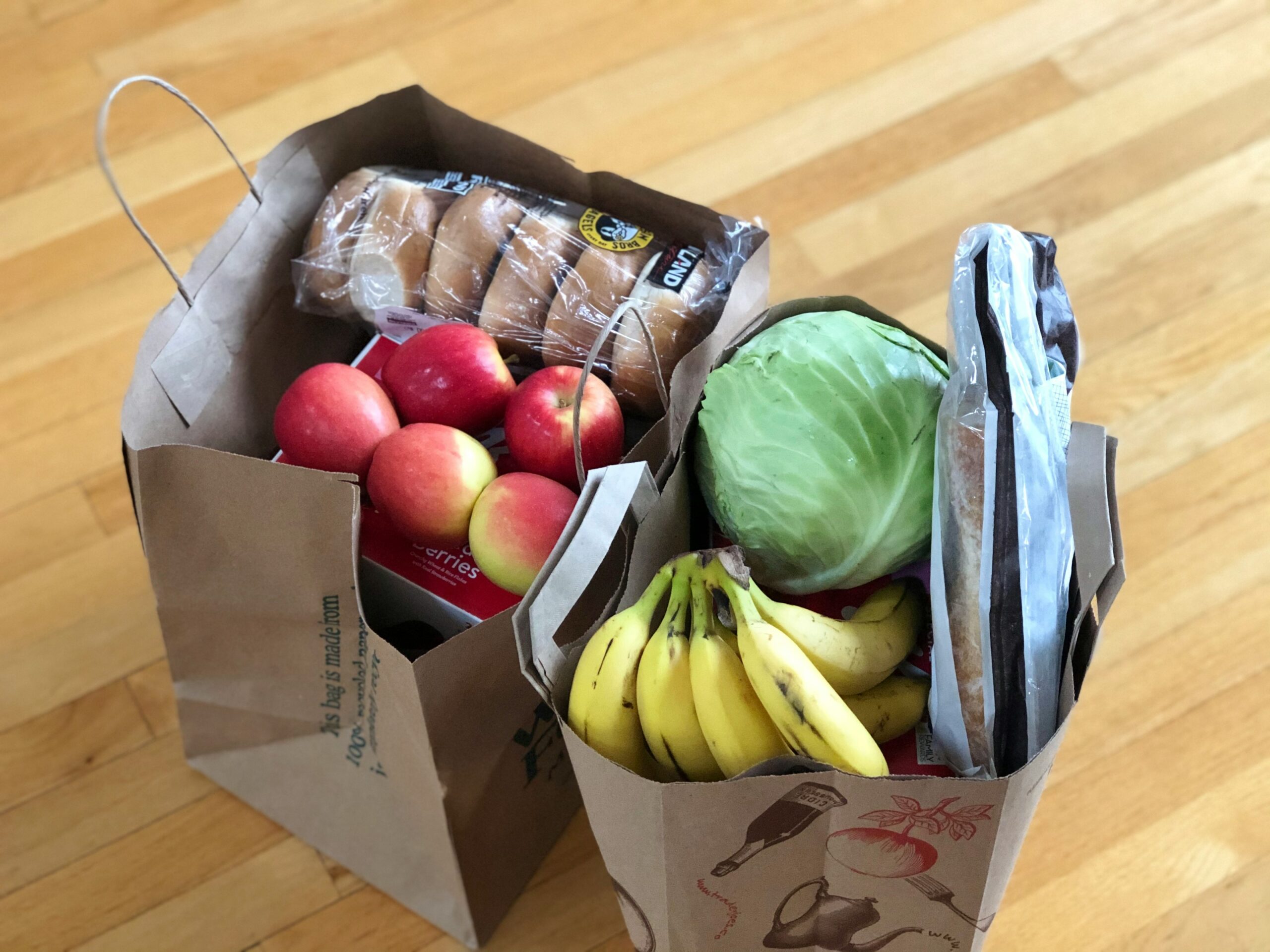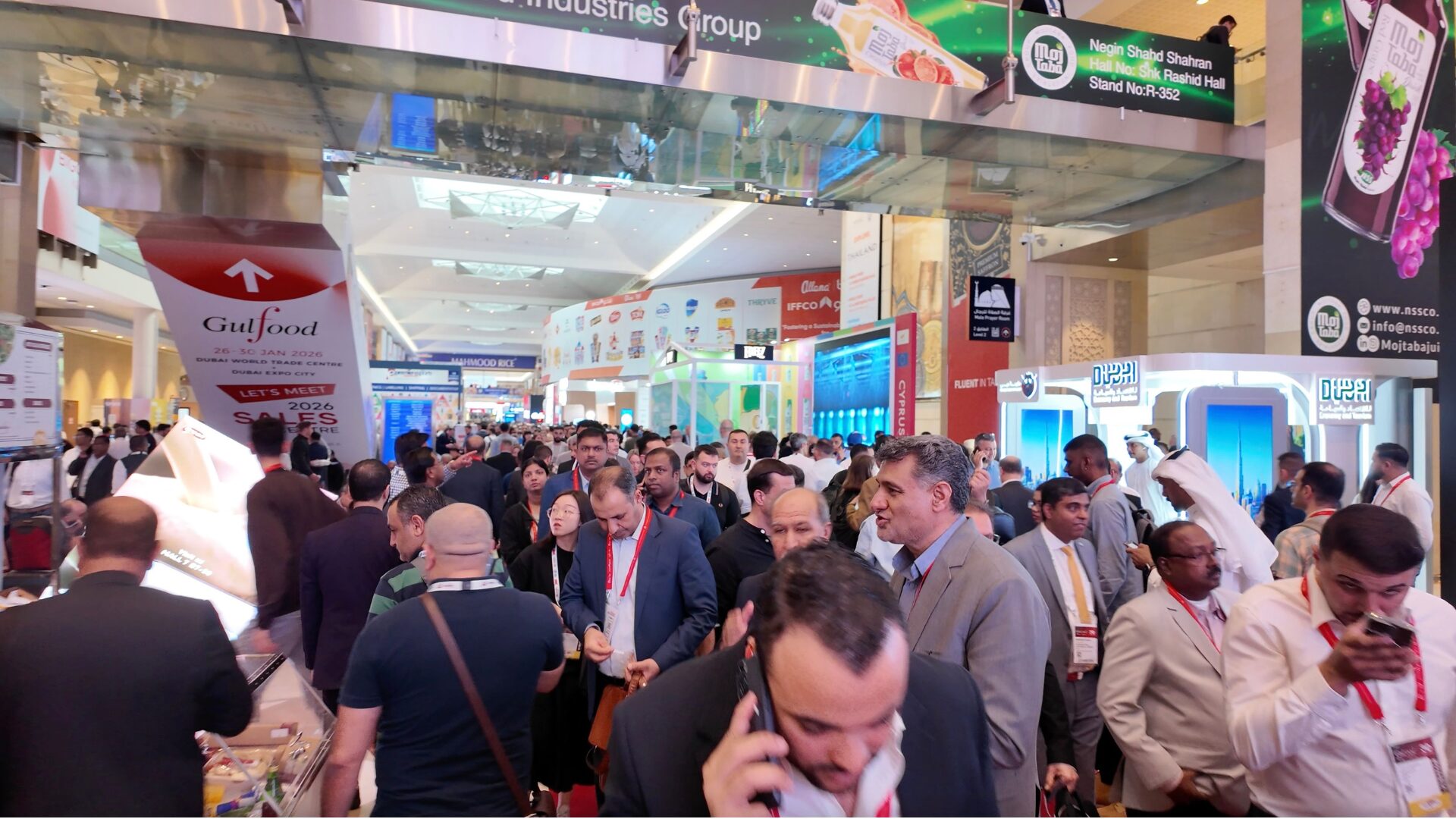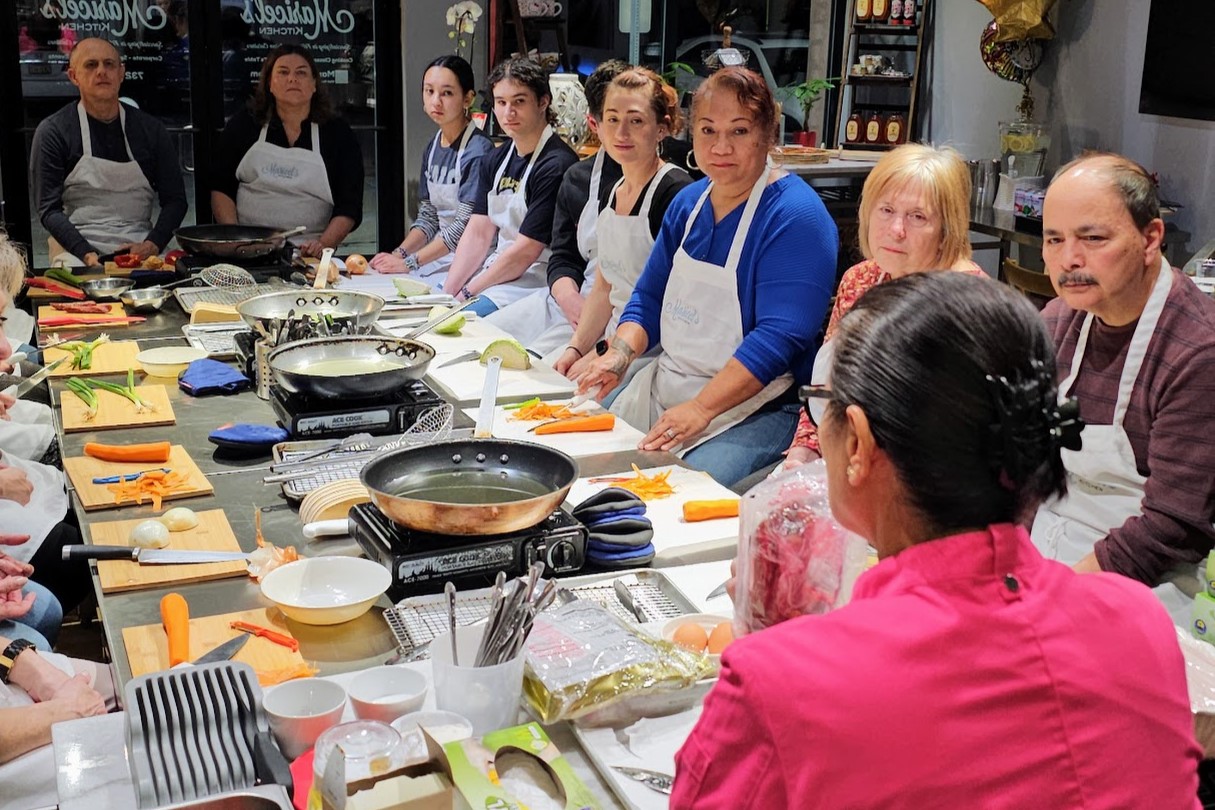Note to restaurateurs looking to AI: If you’re going to use robots as servers, make sure the aisles between tables are wide enough to allow a robot and human to pass simultaneously. A few inches on either side of the robot doesn’t quite cut it.
Kura Revolving Sushi Bar, which recently opened a small storefront location in Skokie, Illinois, currently is employing robots to deliver drink orders, and the slightly too narrow aisles resulted in an entertaining dance as robots and humans tried to navigate around each other.
The robots aren’t the only artificial intelligence in operation at the chain. But Kura currently is an outlier. A recent study from MIT CSAIL, MIT Sloan, the Productivity Institute and IBM’s Institute for Business Value indicates AI automation is not an imminent threat to the labor force.
Neil Thompson, principal investigator at MIT CSAIL and the Initiative on the Digital Economy, said AI is not advanced enough to handle most tasks, and the current upfront costs make it prohibitively expensive for most companies. Only 23% of visual tasks currently could be handled by AI, Thompson said, adding:
“This [finding] indicates a more gradual integration of AI into various sectors, contrasting with the often-hypothesized rapid AI-driven job displacement.”
A study by GetResponse found the top five industries that could benefit from AI are automotive; commercial services; architecture, engineering and building; finance, and hair and beauty, with annual savings per business ranging from $49,485 to $42,399.
Obstacles to Integration
Tech entrepreneur Josh Elgar told The Food Institute there are two sides to the AI revolution: hardware and software.
“The hardware costs are currently prohibitively expensive due to low production numbers and unoptimised supply chains,” Elgar said. “The infrastructure just isn’t in place yet to create legions of robots that can replace restaurant and bar workers.”
On the software side, these systems are already being deployed at massive scale across customer support, sales and healthcare. Major food and beverage brands use AI to talk to customers, personalize their order, create it, and deliver it.
“McDonald’s now has AI drive-throughs, Domino’s has partnered with autonomous vehicle companies, Café X uses robot arms instead of baristas to serve coffees consistently, and Spyce Kitchen (founded, ironically, by MIT grads) is a fully automatic restaurant where robots cook and serve all the meals,” Elgar noted. “The only question now is: Can it be done profitably?”
Assessing AI’s Current Abilities
Thompson and the other researchers concluded a new business model may be necessary before AI becomes the norm.
“Broad economic benefits will only be realized when fundamental transformation occurs in how business is done and how workers work,” said Martin Fleming, former IBM executive and now a fellow at the Productivity Institute.
Antonin Bergeaud, associate professor of economics at HEC Paris, said studies indicate the cost of implementing technology that’s only as good as a human performing the same tasks is just too expensive:
“The conclusion is striking: A much smaller share of the labor market is at risk of automation than direct estimations based on exposure would suggest.”
This result commands a more systematic evaluation of the feasibility of adopting a new technology for an industry, “which directly relates to the New Solow Paradox, where firms may fail to adopt an overperforming technology if the barriers are too high,” Bergeaud said.
Daan van Rossum, founder and CEO of FlexOS, told FI people on the customer-serving side have relatively little to worry about, citing a Goldman Sachs study that estimates disruption in food services likely will be minimal in the next decade, except for cashiers.
The Food Institute Podcast
With New Years’ resolutions in full swing for January, how are consumers adjusting their diets for a healthier lifestyle? Marie Molde, a registered dietitian with Datassential, joins The Food Institute Podcast to discuss consumers’ health goals, the rise of mushrooms, emerging health-focused restaurant concepts, and the impact of GLP-1 drugs on the food industry.





